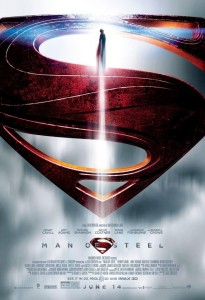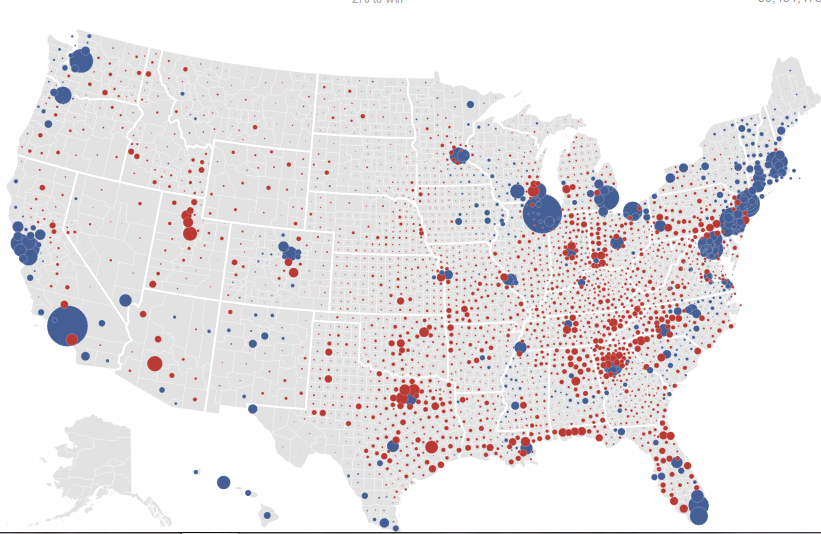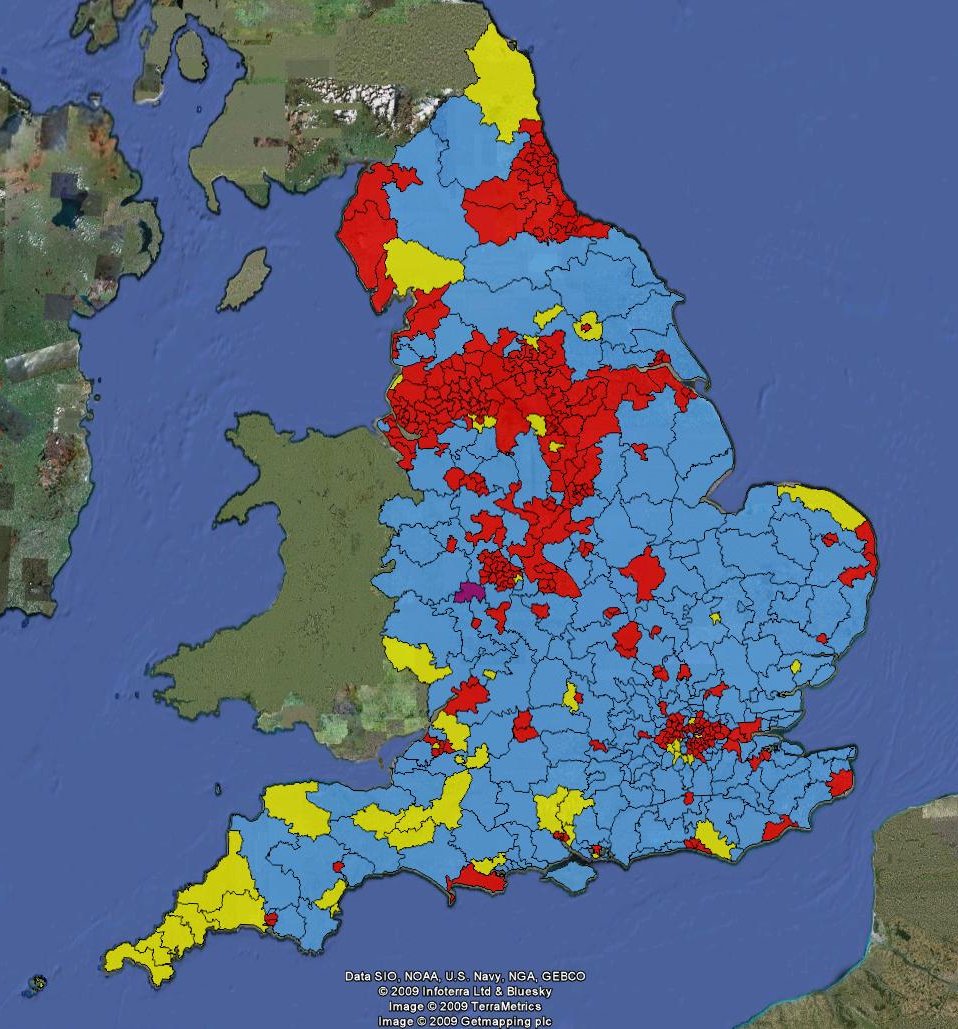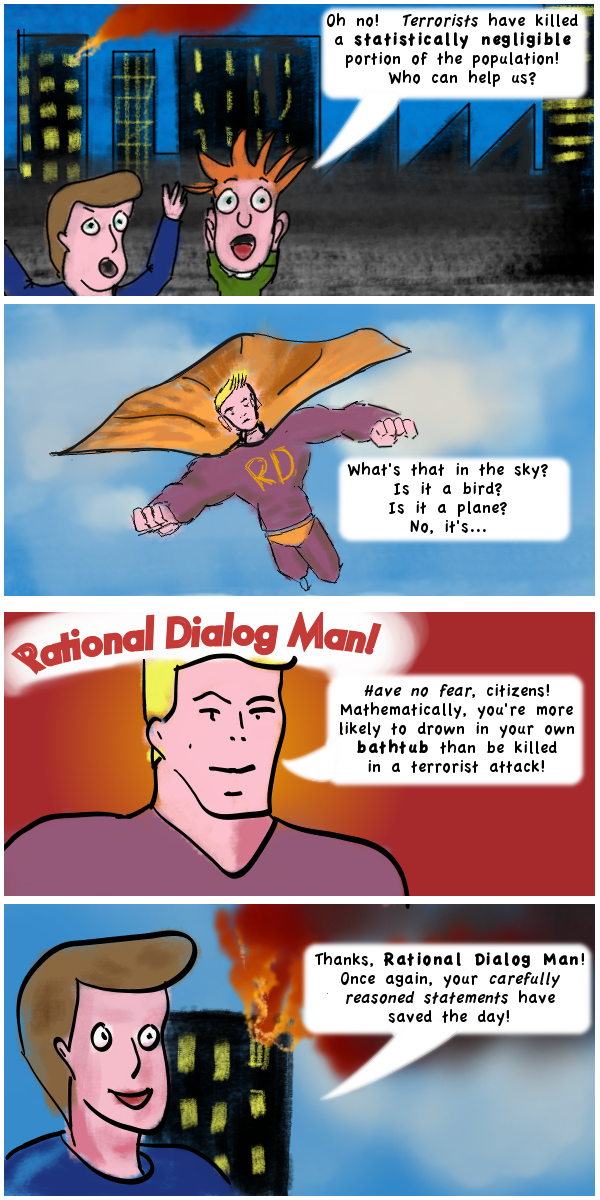Last night some I saw Man of Steel with some friends, and was reminded why I don’t go to the movies very often.
It’s not that I’m opposed to entertainment, and I certainly enjoy hanging out with the guys every bit as much as any other introvert with social anxiety and Aspergers, but I found myself very impatient with the movie.

Having to sit through 25 minutes of skin care commercials didn’t start things off well. They were interspersed with trailers for upcoming movies dedicated to the twin proposals that (a) the quality of a story is directly proportional to the number of explosions and (b) violence is always the best way of addressing social problems. I work hard to minimize my exposure to commercial messaging, so I don’t particularly enjoy being a captive audience.
As to the movie itself, Man of Steel had it’s good points, but these were spread thinly through two hours of rapidly re-focussing camera work swooping through exploding CGI landscapes. I feel that something has gone wrong with the art of storytelling when witnessing an entire tower block collapse induces deja vu rather than awe, because the exact same thing has been happening more or less continuously for the previous twenty minutes.
One of my friends mentioned the Christological themes to the movie. While there are a few visual references to Christian iconography, it’s clear that the Superman franchise draws far more on Greek mythology than Christian, and especially the story of Heracles. Heracles, like Clark Kent, is part-human, part-divine, raised by foster parents, endowed with enormous strength and abilities, and called on to protect humanity by battling an array of monsters. Just like Heracles’ battles with hydras and titans, Man of Steel introduces enemies that no mortal can challenge, thus requiring the intervention of the near-invincible superman.
I’m not particularly comfortable with the overt militarism that seems so popular in movies these days. It doesn’t surprise me though. The Pentagon’s Film Liaison Office is well known for encouraging a positive portrayal of the US military by providing support, material, and even military hardware for films that it sees as favourable to the army. Movies such as Platoon or Apocalypse Now had to be made without such support due to the unflinching way in which they depicted armed conflict – the latter was eventually produced in the Philippines.
(Another concern of mine is the attempt by the marketers of this film to bribe Pastors to recommend it to their congregants.)
Henry Cavill does turn in a fine performance as Kent when he’s actually allowed to portray a human being. His hitchhiking casual labourer is a genuinely sympathetic character. But once he dons the red cape, he’s mostly upstaged by the CGI effects.
There are, fortunately, vastly better superhero stories. The best is undoubtedly Alan Moore’s Watchmen, which not only created a whole pantheon of superheroes but actually explored the social, ethical and moral consequences of the existence of vigilantes and their complex relationship with regular society. Moore also wrote V for Vendetta, a scathing indictment of the conservative policies of the Thatcher goverment in the 1980s. Another product of that era are the Judge Dredd graphic novels, which despite the appalling Stallone adaption frequently managed to be both thrilling action stories and uncomfortable looks at what happens when the police and the court system become a single entity.
(On a side note – all these graphic novels are British. Why do US writers dream of powerful individuals protecting society from harm, whereas UK writers fret about the implications of too much concentration of power?)
My advice is to save your money and go buy a copy of the original Watchman graphic novel. It will provide many more hours of entertainment, and every time I re-read it I’m rewarded with finding yet another nuance hidden in the background of nearly every page.
(a) uncomfortable about the whole ‘selling movie to pastors bit’






